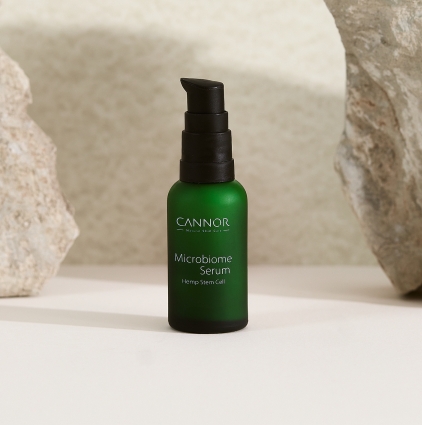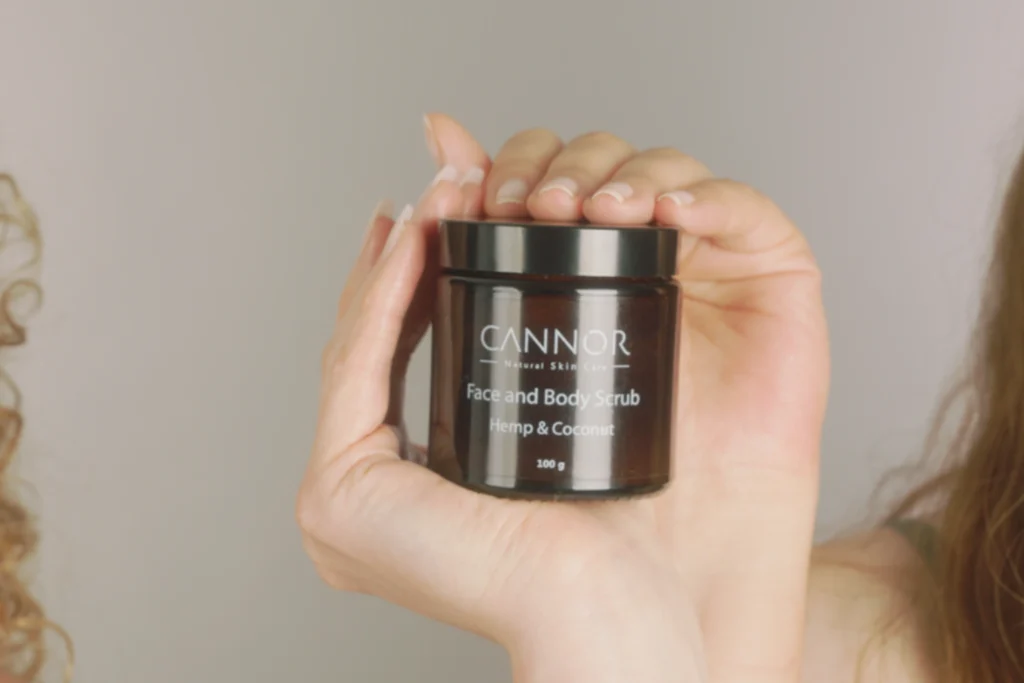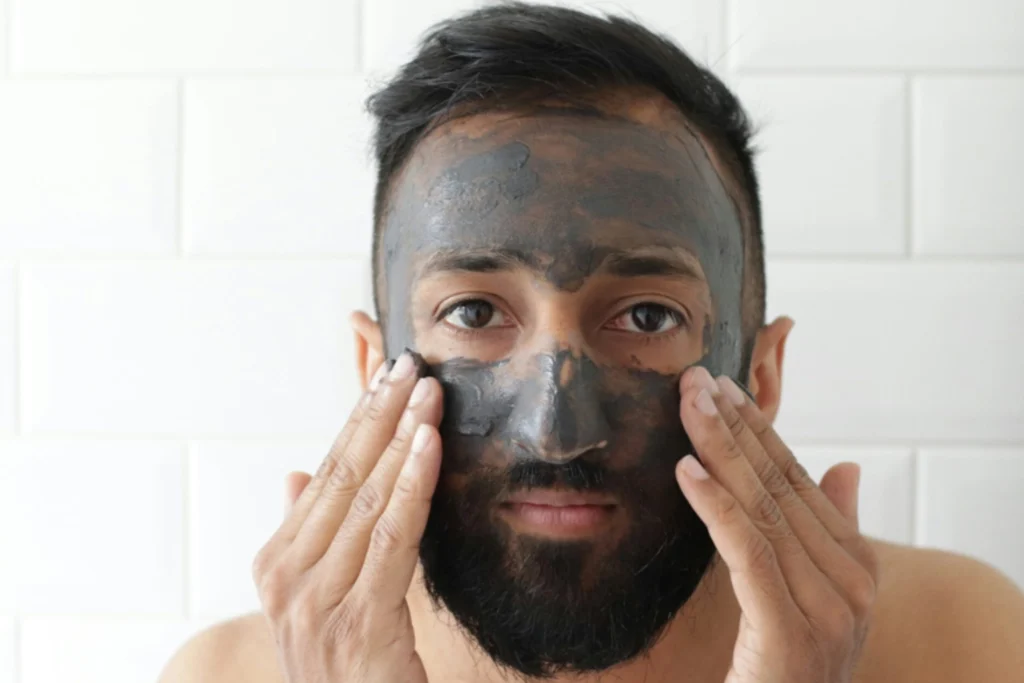What are copper peptides and why does our skin need them? Here are 3 reasons to care about them.
- admin
Copper peptides are currently one of the most talked about cosmetic trends. And deservedly. This is because they contribute to the health of the skin and hair. How? They can reduce small wrinkles, but they also deal with enlarged pores and age spots. They play are an essential role in strong, healthy hair.

So what exactly are peptides? Peptides are naturally occurring amino acids that help produce collagen and elastin, two types of connective tissues that are responsible for smooth, firm skin and therefore also for keeping skin from becoming dull, saggy and tired.
Collagen is the main protein in the body, it is the building block of strong bones, cartilage, muscles, ligaments, joints, as well as teeth and skin. The body produces it on its own. Collagen (and elastin) decreases with age. The human body can produce it to a sufficient extent up to the age of 25, where its production then declines sharply until it stops completely after the age of 40.
However, the natural loss of these two important substances is also adversely affected by how we live. The rate of loss is therefore directly proportional to how much pollution we expose our skin to, as well as how much we drink, smoke or expose ourselves to the sun. It is the synthetic copper peptides (minerals consisting of the copper salt, pyrrolidone, carboxylic acid) that help strengthen collagen and elastin fibres and keep the skin hydrated.
The most common peptide used in cosmetics is the GHK-Cu tripeptide, but it is referred to as PCA Copper. This tripeptide is commonly found in the human body – in amino acid complexes.
Flawless skin. Hydrating Microbiome Face Serum contains stem cells that serve as a prebiotic for our skin. It takes care of a healthy skin microbiome and is highly anti-inflammatory. The Microbiome Face Serum will be loved by acne-prone and problematic skin, leaving it treated, hydrated, soothed, and much more resilient against adverse weather and environmental influences. (30ml)
Benefits of Copper Peptides in Hair Care
Copper peptides help the growth of connective tissue, which reduces hair breakage and promotes hair growth. According to 2018 research, researchers believe that copper peptides help increase blood flow to the skin. This is because copper itself is able to help maintain the tissues that are found in the blood vessels. Thus, copper peptides can stimulate the hair follicles and “send” enough nutrients to them. A 2017 study found that copper peptides also can prolong the hair growth cycle – reducing hair loss.
In addition, copper is one of the micronutrients needed to produce melanin. This is the compound that is responsible for the colour of your hair, as well as your eye and skin colour.
How do copper peptides help the skin?
Copper peptides can act under the epidermis, or outer layer of the skin. And it is for this reason that they help to create and strengthen collagen and elastin fibres stored deep in the skin’s tissue.
A 2015 study proves that copper peptides can reduce the appearance of fine lines and wrinkles by increasing collagen protein content. This will make your skin firmer and less likely to show signs of ageing. In addition to increased collagen production, copper peptides are also said to help increase elastin protein levels. Thanks to copper peptides, the skin will be tighter, firmer and smoother.

Pigment spots and acne scars
Another incredible benefit that copper peptides can add to the list is that they can even out skin tone. What does this mean? They can help reduce age spots and acne scars. Thanks to their antioxidant properties, they reduce inflammation in the skin, which prevents further damage. And where do we most often find copper peptides? Due to their effects, they are most often found in serums and moisturisers for the face and in hair products.
If you are as interested in copper peptides as we are, try them for yourself. The Microbiome face serum, which contains more anti-inflammatory ingredients, has proven to be effective. It can therefore deal with problematic skin that is prone to acne and, thanks to the prebiotics it contains, it will also increase the skin’s resistance and conjure up perfect unified skin.




